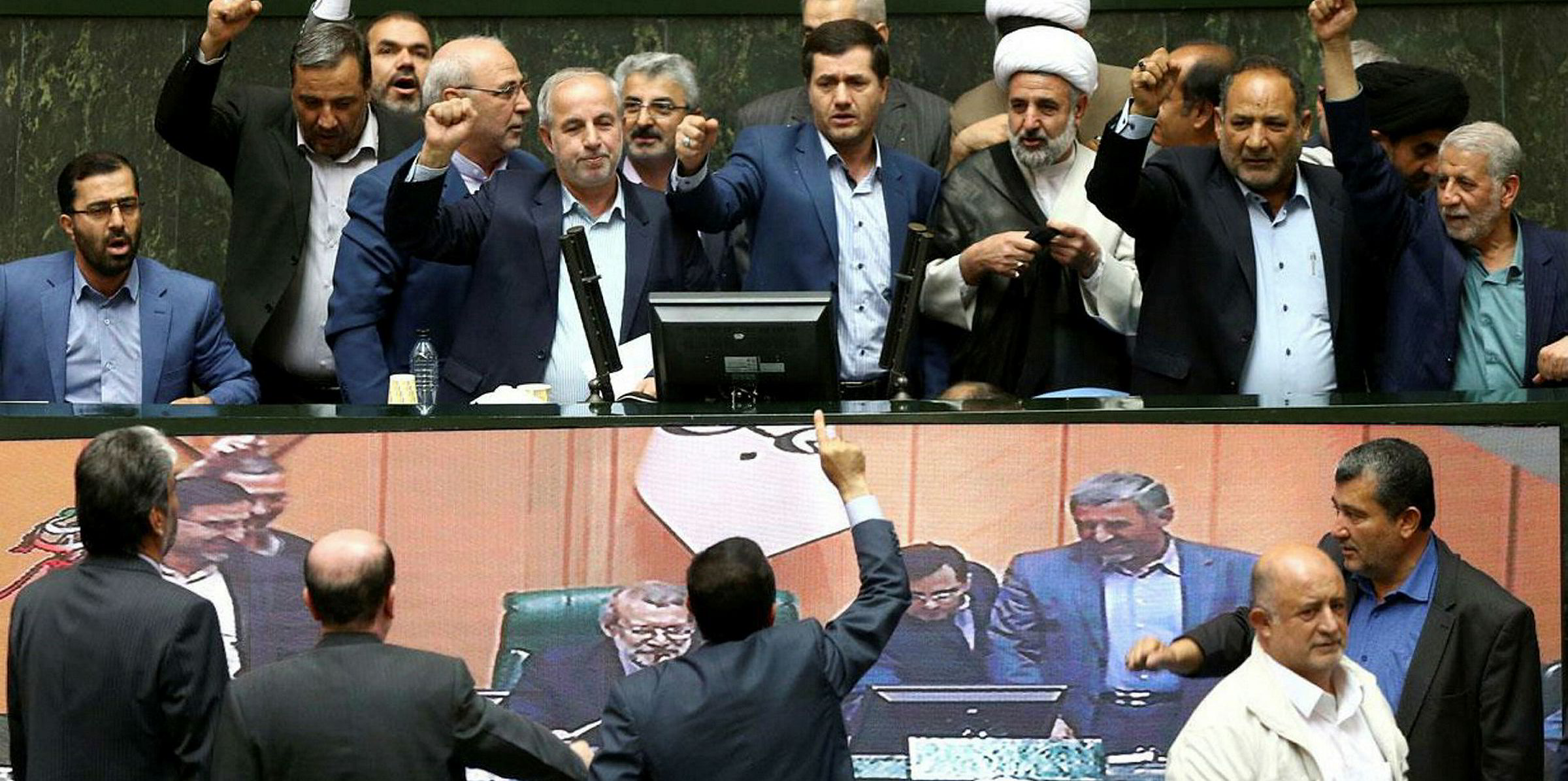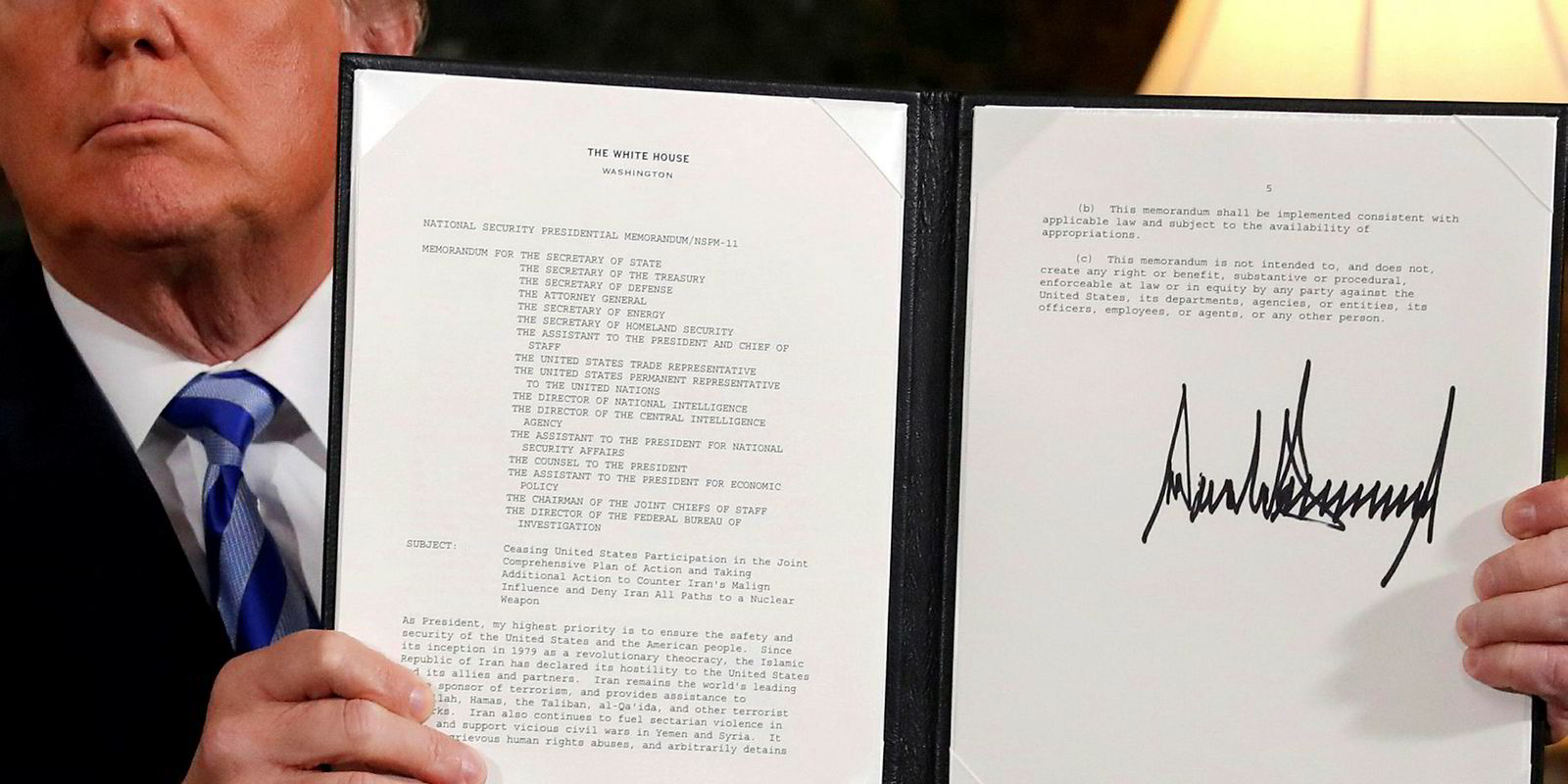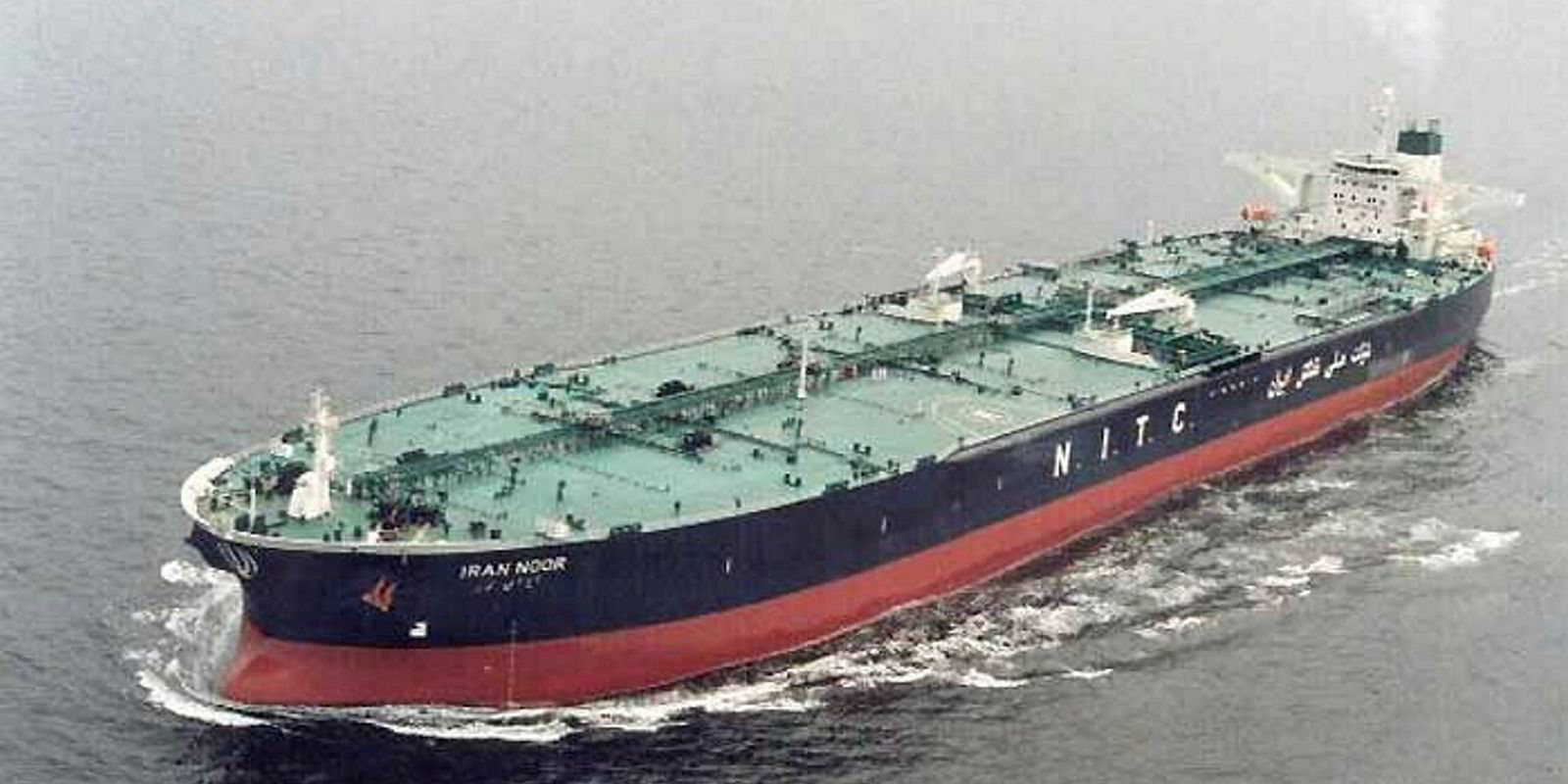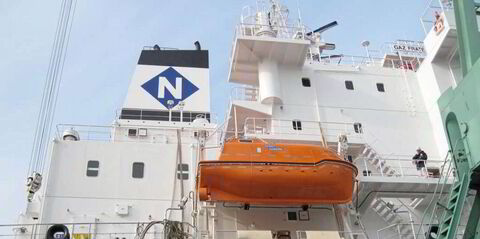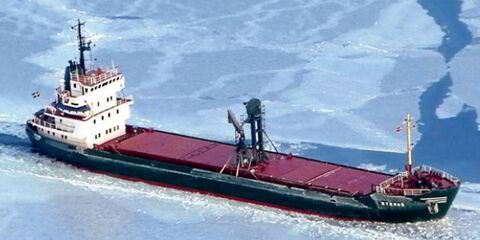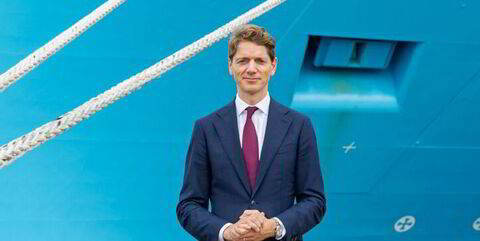Ahead of renewed sanctions looming over trade with Iran, Greek owners have shown the most willingness to enter that market since the Joint Comprehensive Plan of Action (JCPOA) was put into effect.
The amount of Iranian business is minimal for most shipping companies even though it was legal while the JCPOA was still in force. But the potential US withdrawal from the JCPOA now means companies will have to put more limits on where their ships trade, sanctions experts said.
In its annual report, StealthGas said six of its vessels made 82 port calls to Iran last year. The ships were under consecutive spot charters from a “Far Eastern trader”.
The visits to Iran were less than 3% of all port calls that StealthGas’ vessels made in 2017. But at $15.1m in revenue, Iranian port calls were close to 10% of total revenue last year. StealthGas says its charter party agreements restrict charterers from calling into Iran in violation of US sanctions or carrying cargo in violation of the same. But the JCPOA held the promise that those sanctions were gone, StealthGas said in its annual report.
StealthGas chief executive Harry Vafias said Iran has been a steady provider of oil and gas cargoes, but Trump’s move will require everyone to adjust to adhere to the new rules.
“We need to go through a standard checklist about cargoes, receivers, producers etc to check if they fall within the sanctioned list,” he said. “If they do, then I guess business ends. If not, then I guess we can continue to do business.”
Capital Product Partners also started seeing its ships trade in Iran. The company said its crude tankers made 12 port calls to the Middle Eastern country last year, and five visits to discharge vegetable oil.
Along with three unrelated voyages to Sudan, the journeys represented less than 2% of all port calls made last year. But the revenue earned from the voyages was $35.2m, which represented close to 10% of total revenue at the parent level.
But Capital Product did so because “all such port calls were made in full compliance with applicable economic sanctions laws and regulations, including those of the US, the European Union and other relevant jurisdictions”.
Likewise, Safe Bulkers saw limited port calls to Iran last year — four out of 712 globally. The calls were made since the export of such cargo has been authorised by the US Department of the Treasury’s Office of Foreign Assets Control.
Company president Loukas Barmparis said the outfit’s charters require US approval before a ship can carry a cargo to Iran subject to sanctions.
Of course, the sanctions also impact customers. Total is the largest of the Western energy majors to step back into Iran, with its majority stake in the $4bn development of the South Pars field, alongside Iran’s national oil company and China National Petroleum Corp.
But Total’s trading arm, Totsa, also has dealings with Iran. It bought €2.6bn of Iranian crude oil for use in Total refineries, with a small amount traded on the open market. The company also traded refined products with firms linked to Iran’s government and used crude tankers owned by a similar entity.
